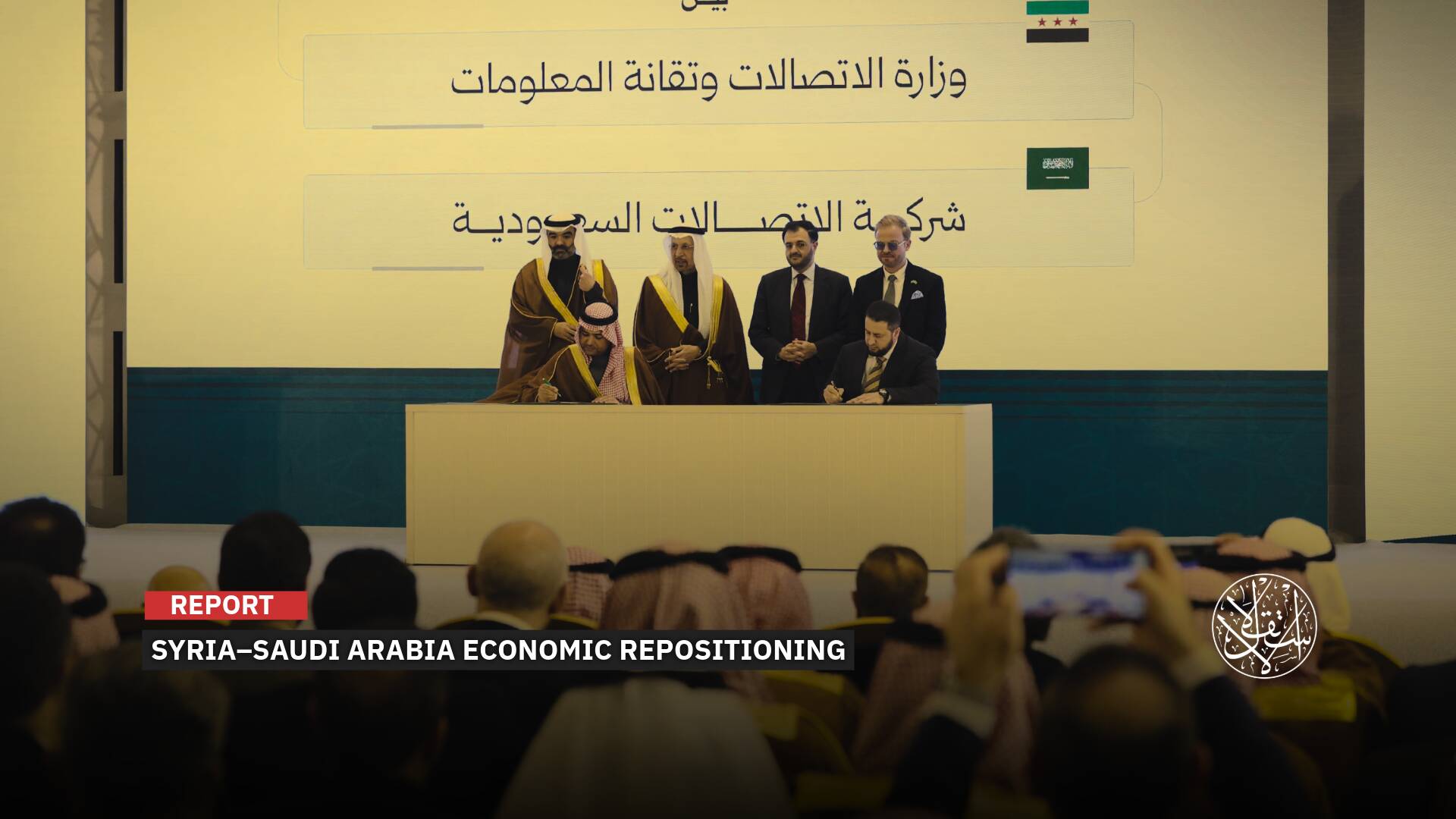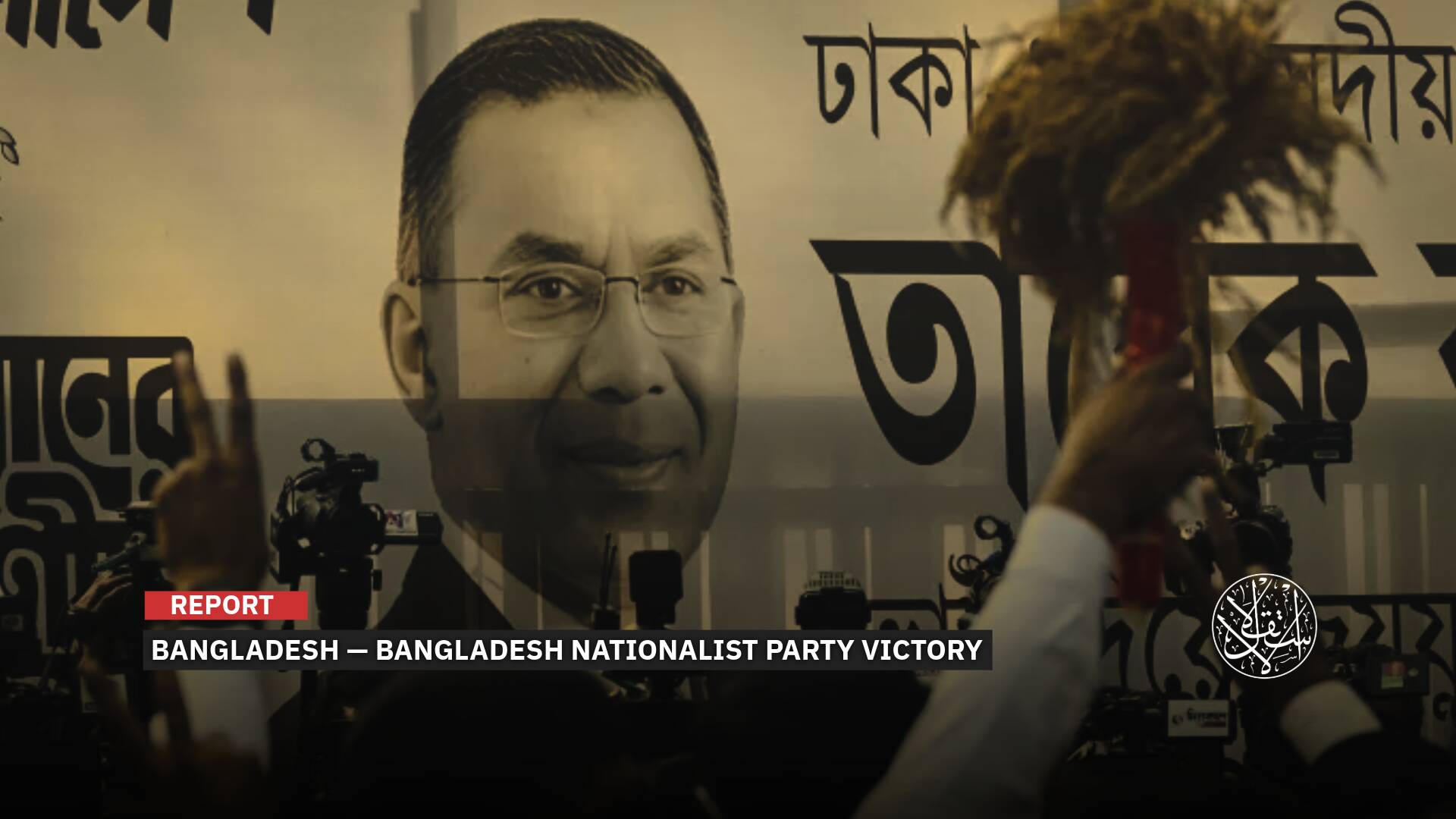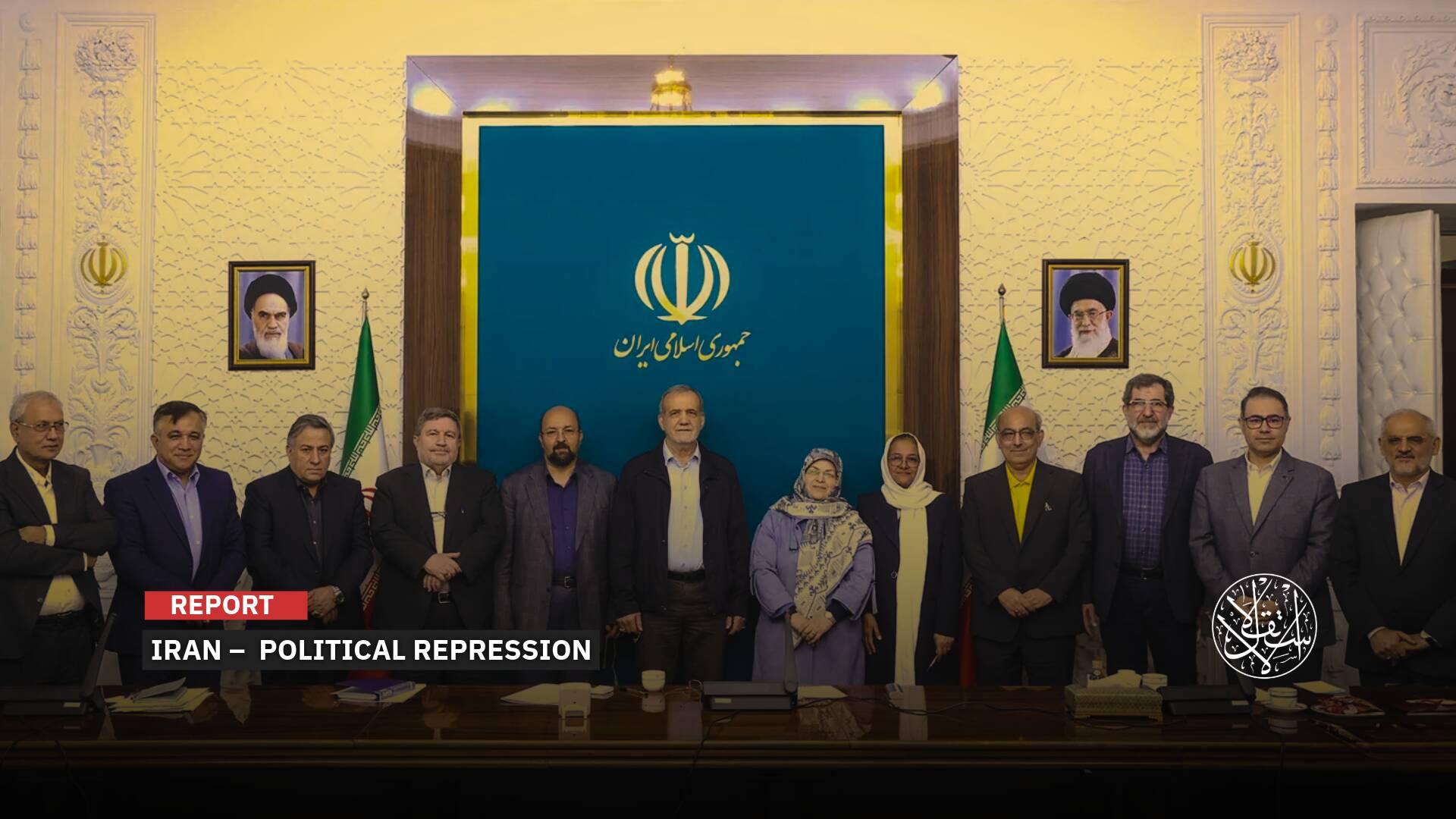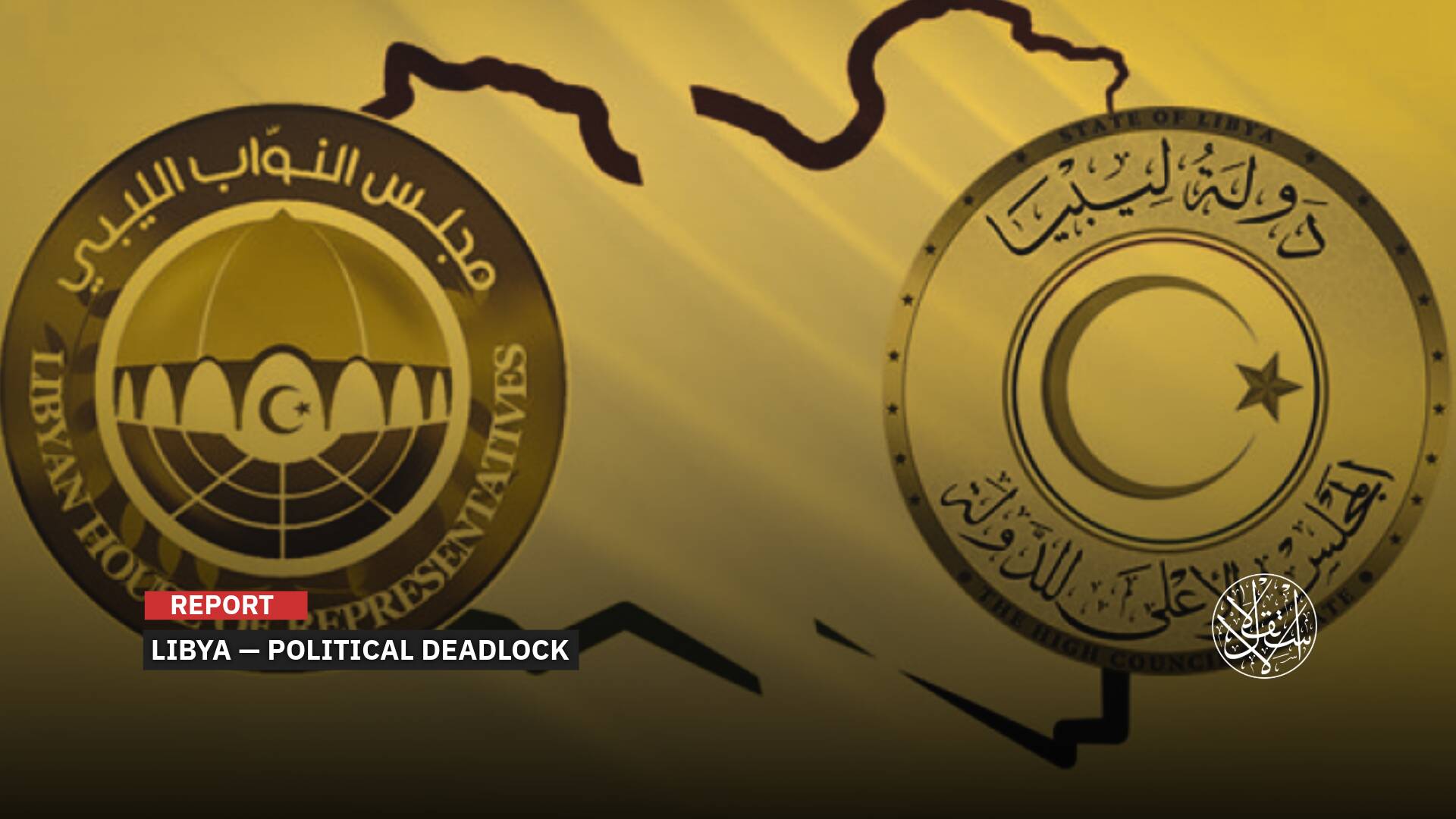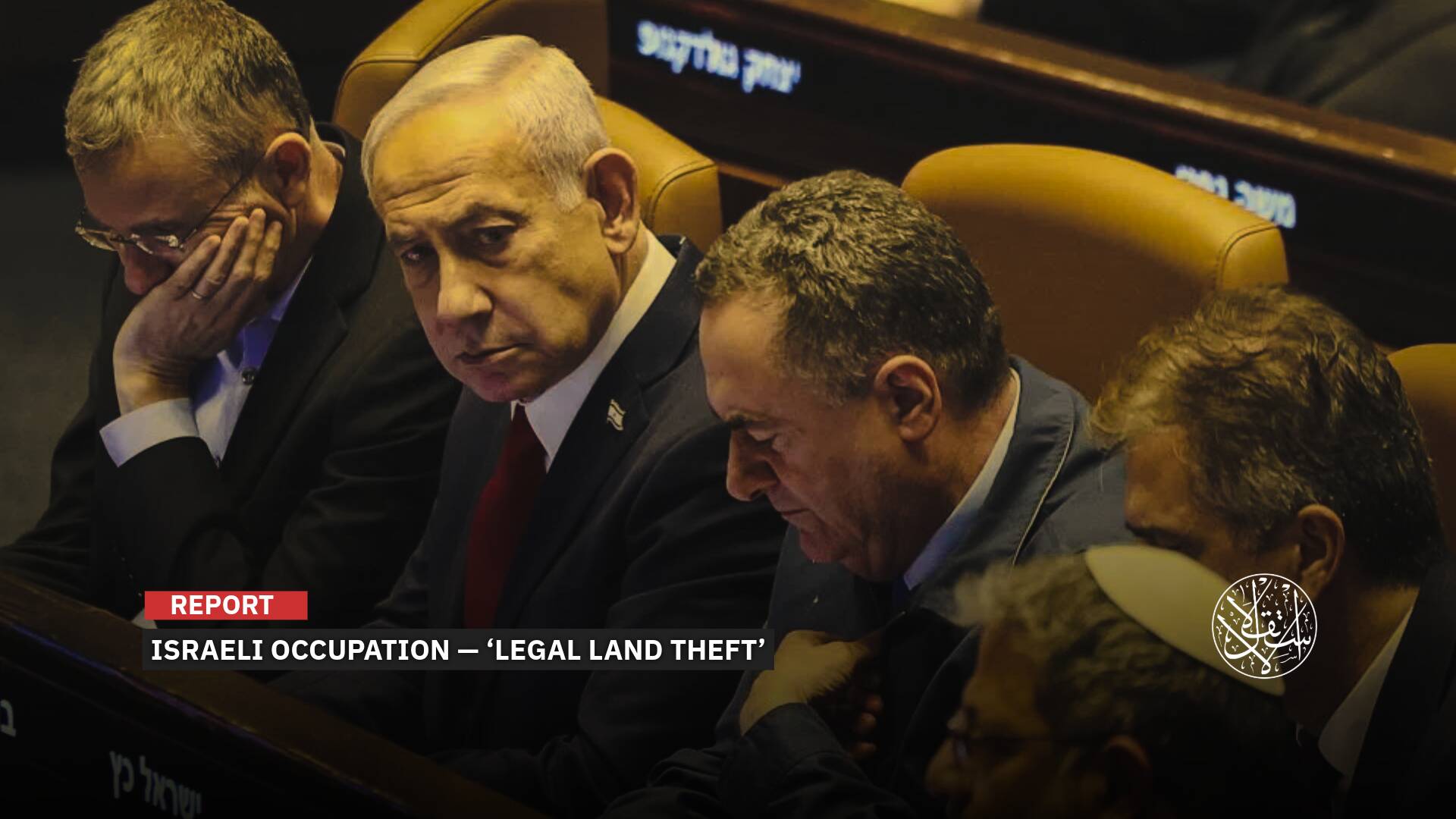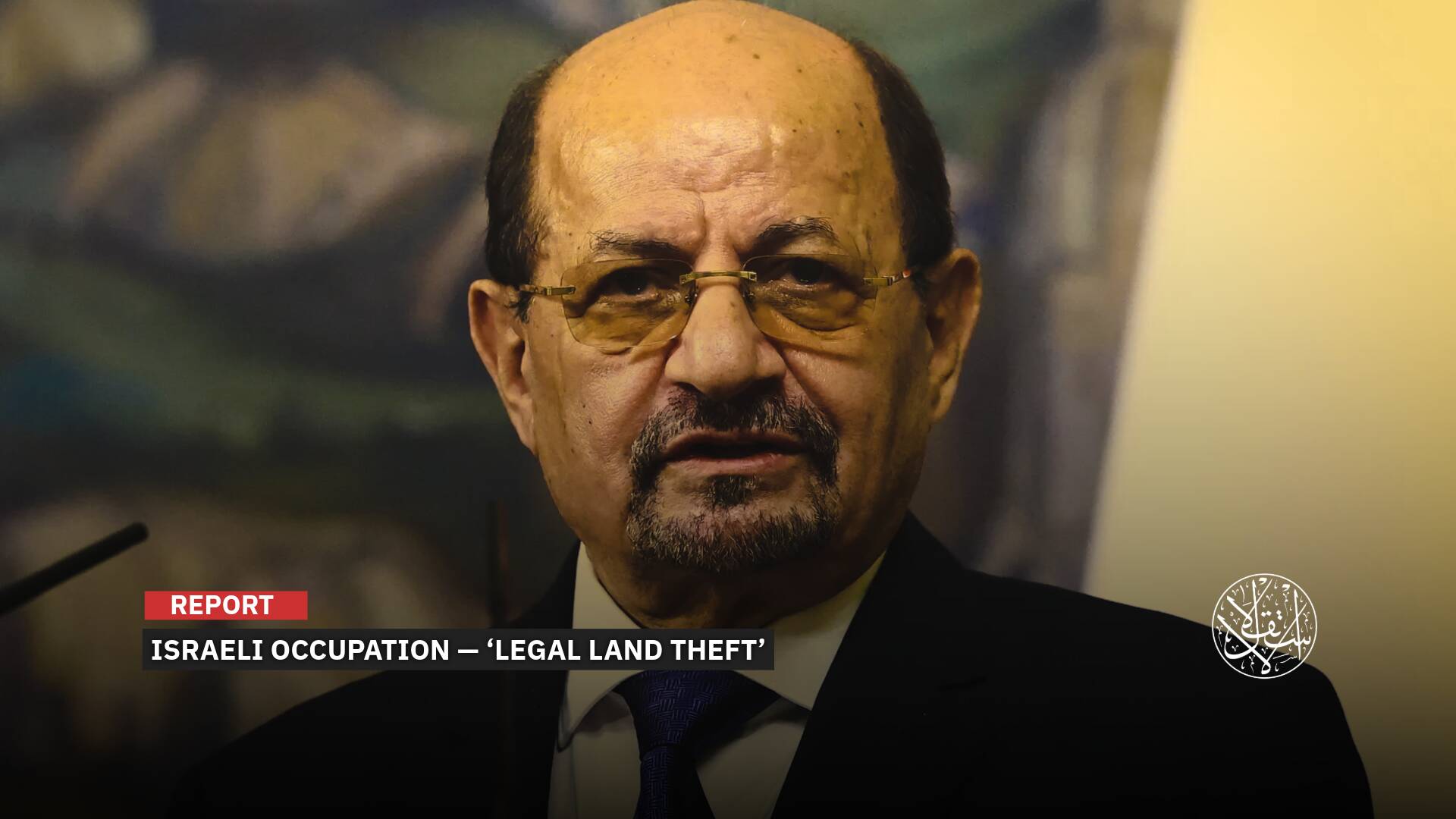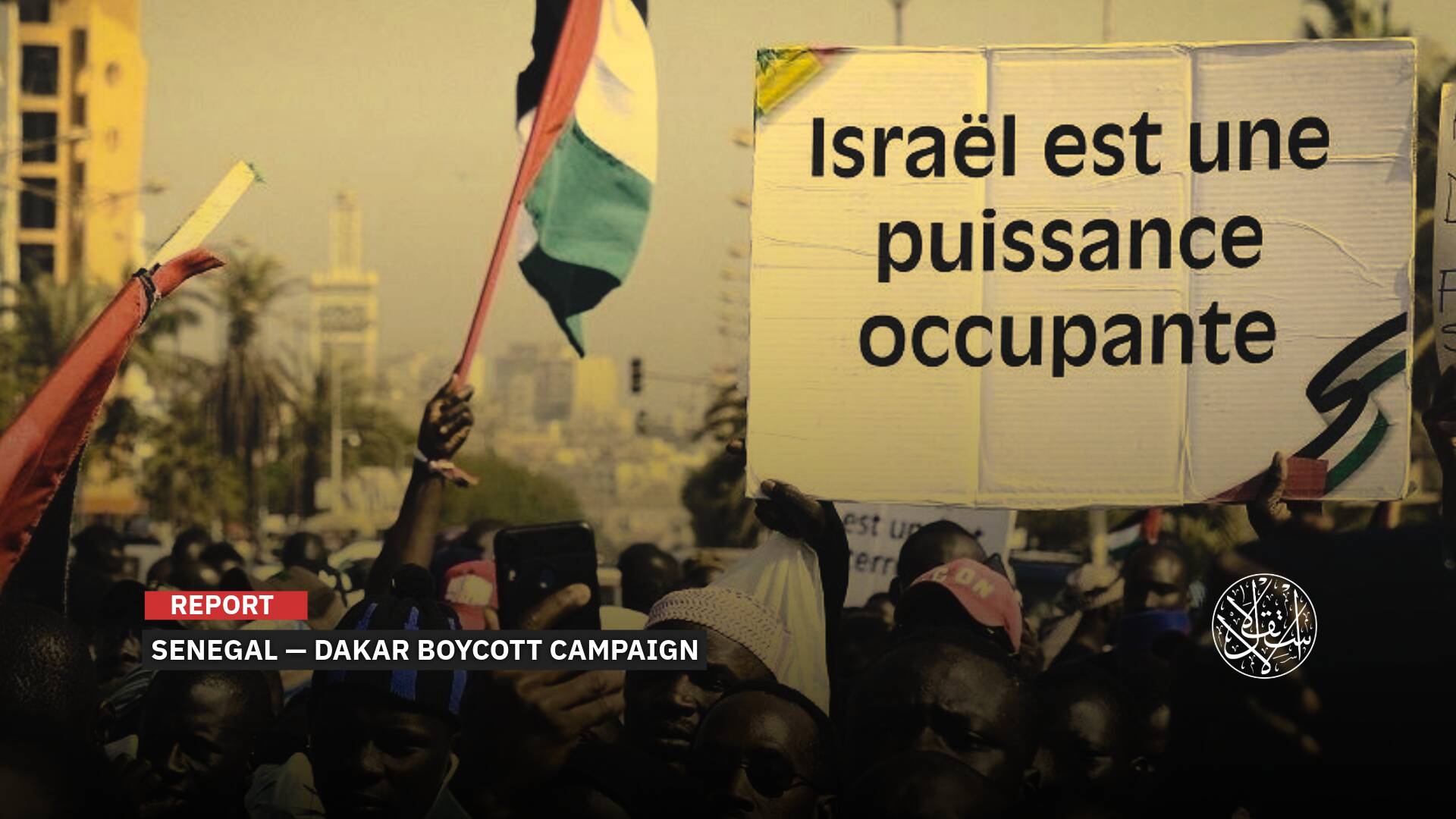The Hui Muslims After Uyghurs: China's Crafty Efforts to Erase Their Identity and Demolish Their Mosques

In his return journey from South Africa after attending the 15th BRICS summit, Chinese President Xi Jinping, following the inclusion of Islamic countries (Egypt, Saudi Arabia, the UAE, and Iran) in the new alliance, deliberately deviated from the usual flight path towards the capital of China.
Instead, he headed to the far north, landing in the west of China, making an unannounced visit to Xinjiang, an autonomous region with a majority of Uyghur Muslims.
It was peculiar for Xi to take such a contrary route in his return, flying from the southern hemisphere to the northernmost part of China and landing in the west of the country.
During this unpublicized visit to Xinjiang, he convened with party leaders to announce “mor e aggressive” plans concerning Muslims.
This observation was made by Adel Sabry, a journalist specializing in China’s affairs, in an article published on Al-Jazeera on September 3, 2023.
Chinese Character
In this visit, Xi, who has pursued sinister plans to erase the identity of the Uyghur Muslims, openly stated in a speech delivered in Urumqi, the capital of Xinjiang, that he would “continue to Sinicize Islam,” a policy he refers to as “Sinicization of Islam.” He urged his government officials to “promote the Sinicization of Islam more deeply and forcefully” while cracking down on illegal religious activities, as reported by AFP on August 26, 2023.
He indirectly referred to Muslims as “terrorists” and stated that China would “continue teaching Uyghurs [who speak the Turkish language] standard Chinese [Mandarin] and reassign them to work outside the region.”
This policy involves forced displacement and coercing Uyghurs into labor camps, a campaign that the Chinese government has been conducting for years under the pretext of combating “Islamic terrorism and extremism” in the Xinjiang region. This has resulted in the large-scale detention of Uyghur and other Muslim minorities.

Analysts have noted that Chinese President Xi Jinping’s forceful speech directed at Uyghur Muslims, totaling approximately 11 million people, in western China’s Xinjiang region had an underlying message for another Muslim minority, the Hui people.
The Hui, constituting around 11 million individuals, reside in various western and central Chinese provinces. They have also raised objections against the demolition of their mosques and the erasure of their cultural and religious identity. Clashes with the police were reported in May 2023, and arrests continue.
In the Yunnan region, Hui Muslims protested against the demolition of the historical mosque domes, the removal of Islamic symbols, and the placement of Buddhist roofs in their stead. Chinese flags and Communist Party slogans were raised above these reconstructed structures.
Suppressing Identity
In 2023, Chinese authorities initiated a plan to eliminate Islamic heritage in the Yunnan province. Workers were brought in to demolish minarets of mosques in an area where a significant number of Hui Muslims, predominantly Muslim, reside.
Notably, two mosques, Najiaying and Shadian, in the Yunnan Province were the last remaining mosques with Islamic features dating back to the 14th century. However, Chinese authorities forcefully reconstructed their roofs, making them resemble Buddhist and Confucian temples, following confrontations and arrests.
Foreign Affairs, the American magazine, published a report on September 6, 2023, titled The Last Minarets of Yunnan: China’s Hui Muslims in the Cross Hairs of Xi’s New Nationalism, warning of consecutive campaigns against the identity of Hui Muslims in China, similar to what transpired with Uyghur Muslims, whose mosque features and identity were erased in detention camps.
Foreign Affairs pointed out that China’s President Xi Jinping’s campaigns against the Hui minority have largely avoided global attention, unlike the focus on Uyghur Muslims.
Before the historical mosque demolitions and the erasure of the identity of Hui Muslims, Chinese authorities launched a similar campaign in 2021 against the mosques and the identity of Xinjiang’s Muslims.
Muslims protested these Chinese violations throughout 2021 and 2022. The Washington Post reported on May 29, 2023, that crowds of Muslims resisted Chinese riot police officers heading toward the gate of the Najiaying Mosque, which serves as an important religious and educational center for the Hui minority in Yunnan province. These events were documented in videos posted by activists on X (Twitter).
云南通海纳家营,武警包围清真寺��️禁止民众进入 pic.twitter.com/HLYk0c1KXx
— 马聚 (@majuismail1122) May 27, 2023
The police were forced to withdraw from the area due to the anger of the Muslims, who demonstrated and held a vigil outside the mosque’s gate throughout the night.
Subsequently, authorities dispatched massive forces to suppress the Muslims and continued forcefully demolishing the domes and minarets of the mosques.
Minarets Are ‘Power’!
This campaign began in 2021 when a report by the American Public Radio (NPR) on October 25, 2021, revealed that authorities in the city of Xining, the capital of Qinghai Province in northwestern China, had removed the domes of the historic Dongguan Mosque, which dated back seven centuries.
Chinese authorities claimed that these domes were reflective of foreign religious influence, implying prior Saudi and Arab influence. They aimed to give these mosques and historic Islamic ethnic communities a distinctly Chinese character.
The large green domes that once adorned the minarets and the prayer hall were removed under the banner of "removing Saudi and Arab influence," while the real goal was the explicit removal of Islamic architecture as part of a campaign to make historic Islamic ethnic groups more traditionally Chinese, as stated by Chinese Muslims.
CNN reported on May 30, 2023, that thousands of Muslims had now challenged Chinese authorities in defense of their mosques, unsettling Communist authorities who responded with suppression.
The destruction of mosque domes in Najiaying Village, Yunnan Province, and elsewhere was part of a sweeping campaign initiated by the Chinese leader in what he calls “Sinicizing Muslims” or “Sinicizing religion.” It’s a Chinese Communist attempt to create a “Chinese Islam” akin to Western efforts to shape a so-called “moderate Western Islam” where Muslims don’t adhere to Sharia or their heritage.
CNN described the campaign to destroy mosque domes and minarets as “political,” as Chinese authorities claimed that it aimed to “cleanse religious beliefs of foreign influence” and align them closely with traditional Chinese culture and the officially atheistic rule of the Communist Party.
In response to the incident, internet access was cut off in several neighborhoods of the village, and drones were spotted in the area’s skies while authorities called on protesters to surrender themselves.
Over the past three years, Communist authorities have been systematically dismantling Islamic architecture, demolishing domes and minarets, and more than a thousand mosques across the country have had their domes and minarets destroyed, according to Muslims in the Hui region.
Activists and human rights groups report that over 200 mosques in Yunnan Province alone have been affected, along with over a thousand mosques in the northwest.
Activists emphasize that the ultimate goal of the Chinese Communist Party is to implement a policy of “cultural and religious genocide,” much like what has been seen in Xinjiang with the Uyghurs.
The history of Najiaying Mosque, which China sought to demolish in its recent campaign, dates back to the 13th century. Over the years, it underwent multiple expansions, adding buildings, along with its four minarets and distinctive domed roof.
In 2019, parts of the mosque were classified as protected cultural relics. However, in recent years, the strict control imposed by the Chinese Communist Party over religious expressions has intensified significantly.
Religious leaders have faced heightened surveillance, and within this policy, mosques, like Najiaying, were forced to host meetings for the study of Maoist thought.
Communist Party slogans were painted on the walls to compel worshipers to recite them and pledge loyalty to the Communist Party rather than to their Islamic faith.
Chinese Communist Party authorities have seized mosque assets, imprisoned imams, closed religious institutions, imposed restrictions on the use of languages other than Chinese (such as Tibetan or Uyghur), and increasingly targeted Muslim scholars and writers with severe restrictions.
Hui Minority
The Hui Muslims, an ethnic minority in China, are the fourth-largest ethnic group in the country, with their own autonomous region in western and central provinces.
Their origins trace back to the migration of Muslims from Central Asia in the 8th century, and they number around 11 million people.
Unlike the Uyghurs, who speak the Turkic language, the Hui speak Mandarin Chinese.

The term “Hui” derives from the phrase “Hui jiao tu” in Chinese, which means “followers of the religion of the Hui people.” It refers to Chinese-speaking Muslims, whether in China or in countries like Singapore and Malaysia, as reported by the South China Morning Post on April 21, 2023.
Unlike the Uyghurs, Hui Muslims do not seek to separate from China.
These Muslims have been in China for over a thousand years, with Islamic communities emerging in major cities and trade centers, especially after 750 AD.
During the Yuan Dynasty’s rule in the 13th and 14th centuries, the Muslim population increased. However, after the Mongols were expelled from what is now known as China, Muslim communities faced increasing hostility during the Ming Dynasty’s rule in China.
After the Chinese Communist Party took power in China in 1949, authorities began targeting all forms of religious expression, reaching its peak in 1975 when Hui Muslims in Yunnan Province protested the closure of a mosque. The army invaded the region, resulting in the deaths of 1,600 people, including women and children.
In 1978, during the era of reformist leader Deng Xiaoping, authorities adopted a more conciliatory approach in dealing with Islam and Muslim minorities. They were allowed to repair destroyed mosques and build new ones.
However, under the current president, Xi Jinping, policies have undergone a radical shift.
China has emphasized the “Chinese people” or “Han Chinese” ethnicity, which dates back five thousand years, and integrated it more closely with contemporary Marxism.
While the Chinese constitution guarantees religious freedom, it places strict limits on this principle, recognizing only five religions and imposing strict restrictions on their practices.
Government statistics state that there are 24 million Muslims in China, approximately 1.8% of the total population. However, unofficial reports dispute these numbers, suggesting that the Muslim population in China exceeds 50 million at a minimum.
A report by BON News, specializing in Chinese affairs, indicated that the Muslim population in China has exceeded 100 million, reaching approximately 130 million, which is equivalent to 10% of its total population.
This would surpass the number of Muslims in Saudi Arabia, Iraq, and Syria combined.
Minarets Disappeared
The same policy regarding the demolition of mosque domes alongside erasing the culture and heritage of Muslims was implemented in Xinjiang. The Communist Party’s bulldozers demolished Islamic landmarks that had stood for centuries as part of cultural cleansing and erasing Islamic history.
A field report by Reuters on May 13, 2021, revealed that many of the minarets on the corners of mosques in Xinjiang had disappeared. Security personnel in the area told the agency that there are no mosques here!

It was reported that thousands of Uyghur mosques were targeted in a campaign by Chinese authorities, and the spokesperson for the Ministry of Foreign Affairs, Hua Chunying, was quoted as saying that some mosques have been demolished while others have been renovated and expanded.
However, Reuters stated that they visited over 24 mosques in seven provinces in southern and central Xinjiang (out of 20,000 in the region) and found that most of the mosques they visited had been partially or completely demolished.
Some open mosques have signs stating that worshipers must register before entering, and entry is prohibited for outsiders, foreigners, and anyone under 18 years old.
These open mosques also have surveillance cameras, Chinese flags, and promotional banners pledging loyalty to the ruling Communist Party.
China has repeatedly claimed that Xinjiang faces a serious threat from separatists and religious extremists who are planning attacks and stirring up tensions among the Uyghurs.
Foreign Affairs magazine confirmed that the “strict” policies President Xi is trying to impose on China’s Muslim minorities, described as “Xi’s new nationalism,” go beyond changes in the architectural style of Muslim cities.
Research institutions and field reports in 2020 documented the operation of approximately one million Uyghurs in forced labor camps, subject to torture and imprisonment.
Reports by the Uyghur Human Rights Project and the Report on International Religious Freedom issued by the U.S. Department of State in late 2022 explained the atrocities committed by China against Uyghur Muslims in its camps, including how they are prevented from fasting and praying during the holy month of Ramadan.
The restrictions go beyond fasting and prayer; Chinese authorities banned 22 Muslim names for Uyghurs in Hotan Prefecture, Xinjiang.
Uyghurs said that authorities and police came to their region and posted a list of 22 names used by Muslims for males and females, and they were asked to change the names of their children or they would be prevented from entering schools.
#Chinese Authorities Ban #Muslim Names Among #Uyghurs in Hoten of East #Turkistan http://t.co/ZOp1VX35Nt pic.twitter.com/DkNwS1JdrM
— Abdugheni Sabit (@AbdugheniSabit) September 26, 2015
A report by Radio Free Asia quoted Muslims in the region as saying that authorities in northwestern China told them that the goal behind changing names is an attempt to reduce extremism among the Uyghur population in the area. They were threatened that their children with these names would not be allowed to go to school unless their parents changed their names.
The report also stated that more than 80% of traditional Uyghur names are Islamic names directly derived from the Quran and other Islamic texts, and these names have never been banned or prohibited in Chinese history.



